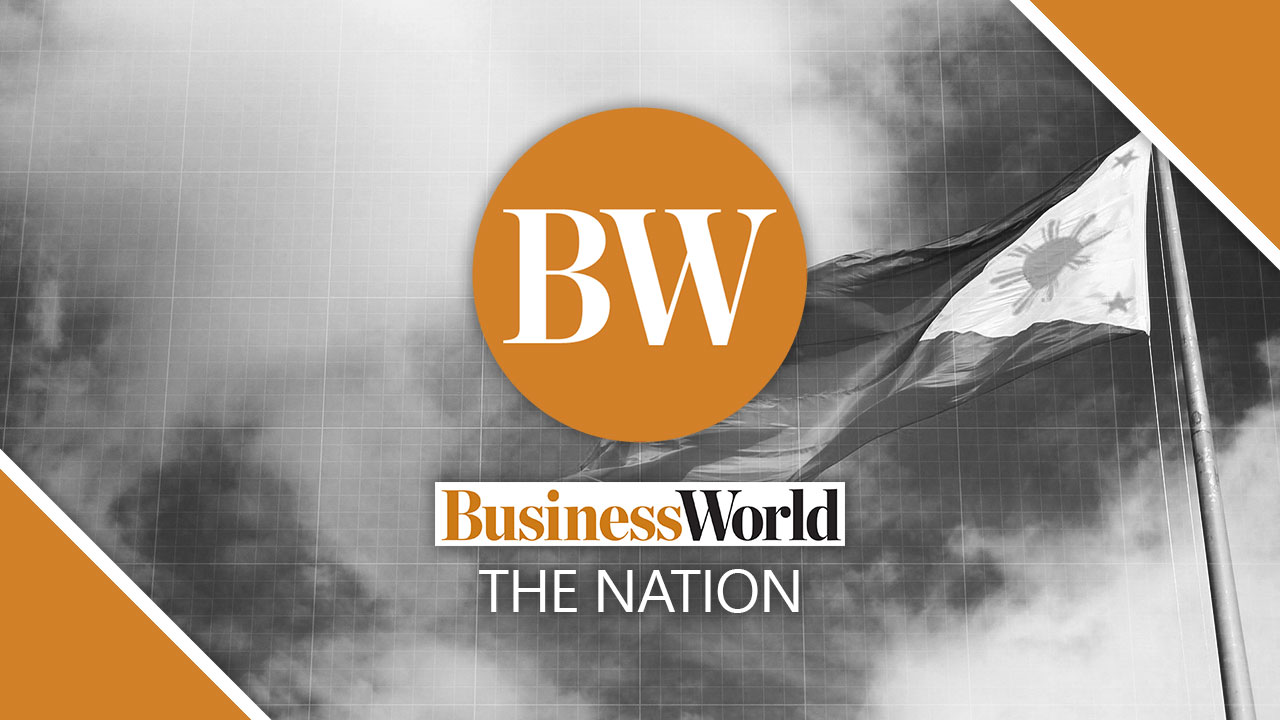Boost cyber-security before May elections, government advised

By Alyssa Nicole O. Tan, Reporter
THE GOVERNMENT should boost cyber-security as candidates in this year’s elections increase their social media presence to attract more votes amid a coronavirus pandemic, information technology and political analysts said.
Agencies should adopt global best practices against cyber-crimes, said William Emmanuel S. Yu, a computer science professor from the Ateneo de Manila University.
“Government agencies must continue to invest in information security because once you are good at securing your platforms today, the world moves on — there will be newer exploits, more faults and more problems,” he said by telephone.
“We have to be able to benchmark ourselves because security is never 100%” he added.
He said agencies should invest in both software hardware as well as human resources to boost cyber-security.
“The months leading to the May elections will be crucial because there will be some trust issues and legitimacy questions,” said Dennis V. Blanco, an associate political science professor from the University of the Philippines (UP).
He cited computer glitches in vote-counting machines and the canvassing system in the past and the alleged hacking of Commission on Elections (Comelec) servers.
The election body should swiftly address these issues to ensure the integrity of the election process and keep the public trust, he said in an e-mail.
“The integrity of the electoral system and our government is at stake,” said Maria Ela L. Atienza, a political science professor from UP. “Does the government have the capability and desire to actually make sure that our systems are secure?”
The Department of Information and Communications Technology has said Comelec’s database remained intact and its vote-counting machine systems were offline when the recent hacking took place.
Mr. Yu said uncertainty about the elections would lead people to doubt election results.
The crime rate usually goes up during an election period, the IT expert said, adding that the only difference now would be the digital nature of the offenses, which would be harder to solve. He also warned about more fake news and information.
Media research expert Jay L. Bautista noted that while Manila, the capital and nearby cities have stable Internet, this is not true for almost half of the country.
Candidates should thus use both social and traditional media to get their political and economic platforms across, he said.
Almost two-thirds of adult Filipinos have Internet access, while the rate in the capital region was 84%, according to a Pulse Asia poll in September. The rate for the rest of Luzon was 65%, 62% in the Visayas and 47% in Mindanao.
Mr. Blanco said candidates should try to reach technologically-challenged areas and find a balance between social media and traditional media use.
A group calling itself Anonymous Philippines hacked the Comelec website on March 27, 2016, defaced it and left a message calling for tighter security measures on vote-counting machines to be used in the 2016 presidential elections.
Days later, a second hacker group a second hacker group posted Comelec’s entire database online and added three more mirror links where the database could be downloaded.
“Every registered voter in the Philippines is now susceptible to fraud and other risks after a massive data breach leaked the entire database of the Philippines’ Comelec,” Trend Micro said at that time.
“While initial reports have downplayed the impact of the leak, our investigations showed a huge number of sensitive personally identifiable information — including passport information and fingerprint data — were included in the data dump,” it added.



